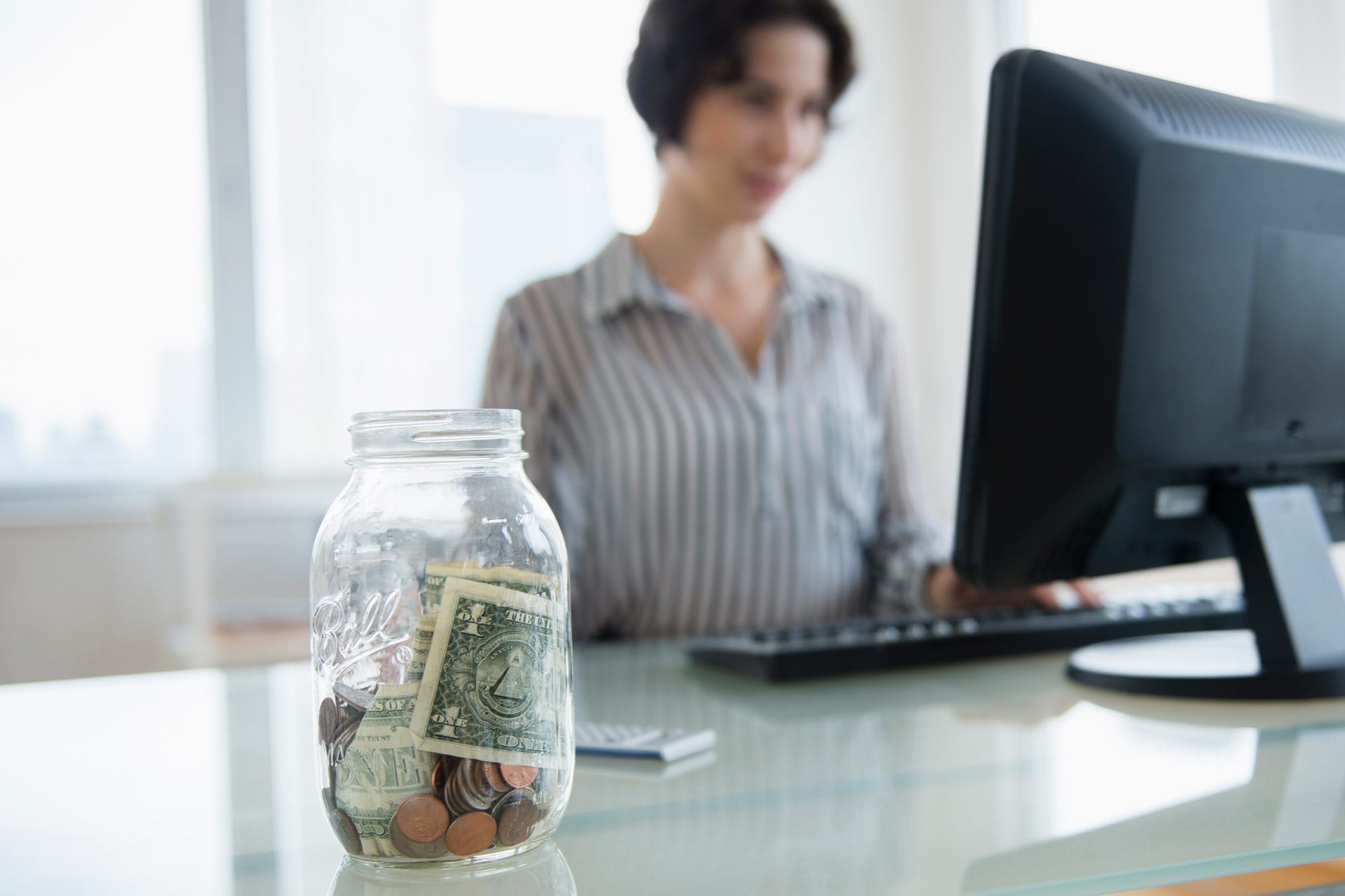Gentle encouragement or financial incentives could result in more people setting aside at least some of their tax refund for emergency savings, a new study suggests.
The research shows that among taxpayers who used a prepaid card from H&R Block to receive their 2017 refund, those who were sent messages about saving their refund were more likely to squirrel something away than those who did not receive any communications, according to the study, which was released on Tuesday by the Consumer Financial Protection Bureau.
“For society in general, the ‘spend’ message is loud and we want to get that ‘savings’ message out there, as well,” CFPB Director Kathy Kraninger told CNBC’s “Squawk Box” on Tuesday.
Jamie Grill | Getty Images
The need for savings is clear: Many U.S. consumers lack sufficient emergency reserves of cash, and close to 40% of households would have to borrow or sell something to cover a $400 emergency expense, according to a 2018 Federal Reserve survey.
The CFPB partnered with H&R Block to research whether certain types of communications and incentives would increase the savings rate of consumers who received a tax refund. The pilot study, conducted during the 2017 tax-filing season, showed that either sending an email encouraging savings or offering a $5 incentive to use the prepaid card’s savings feature was effective for some of H&R Block’s customers.
“If you put the thought into people’s minds, they’re going to actually take action,” Kraninger said.
In the 2017 tax-filing season, 101.6 million tax returns — about 73% of all returns filed — resulted in a refund. While the average amount was $2,771, refunds for low-income taxpayers who received the earned income tax credit tended to be even higher, the CFPB said.
More from Invest in You:
Volatility giving you the jitters? Ignore stock market for now
Worried about a recession? Don’t panic, but do be prepared
How millennials can get a handle on their financial anxiety
“For 40% of tax filers, that’s the largest influx of funds that they have personally every year,” Kraninger said. “That’s the time to save.”
However, few of H&R’s customers in the pilot program — just 608 — made use of the savings feature on the prepaid cards, according to the CFPB. Those who did make a deposit contributed an average $1,131.
While the share of those with money saved decreased over time, 24% still had funds — averaging about $105 — after eight months.
CHECK OUT: Learning 4 life skills can save you hundreds of dollars via Grow with Acorns+CNBC.
Disclosure: NBCUniversal and Comcast Ventures are investors in Acorns.
